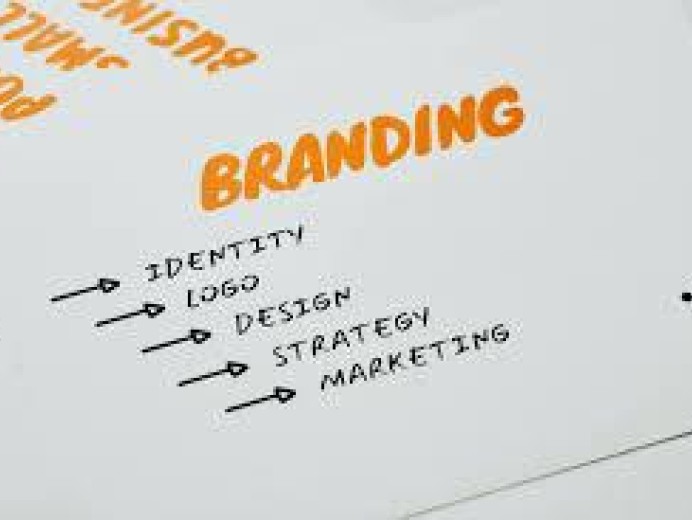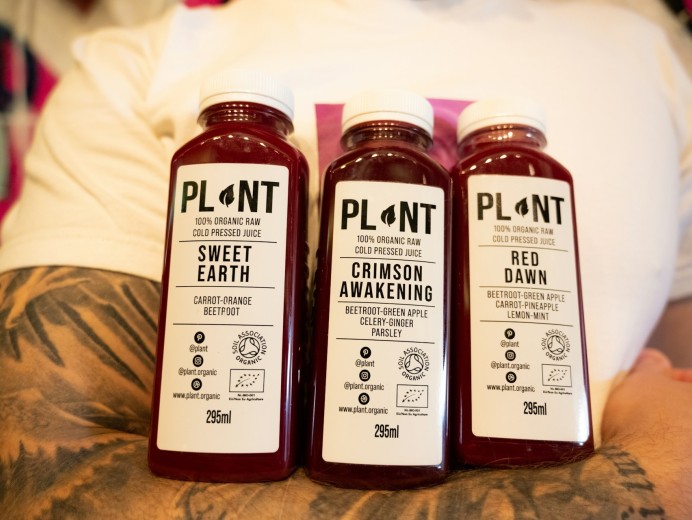BGN’s take on the great in-housing debate
2019 has saw a rising trend of brands taking gradual steps to move away from agencies and instead, focus on increasing their internal marketing capabilities – otherwise known as ‘in-housing’. The trend doesn’t seem to be slowing any time soon, with new brands hitting the industry headlines every day having reported multi-million pound savings through the process of in-housing.
As with anything that ever generates debate, there’s arguments for and against. We wanted to stick our two cents into the mix…
What do brands stand to gain from going in-house?
It’s impossible to ignore the fact that there are cost savings to be had from improving your in-house marketing capabilities. Not having to rely on agencies gives you greater control over costs and ultimately, more budget to plough into marketing spend.
Also relating to cost is the huge improvements which can be made to the efficiency of your operation should you bring certain skillsets in-house. A consistent frustration with agencies is the time it takes for them to turn around briefs. With an in-house function this time can be greatly reduced and work can be prioritised based on business need. Putting control back in the hands of brands. You’re no longer dependent on an agency’s workload and studio capability to deliver projects.
Having in-house capability also increases transparency around the process taken to produce work. Agencies need to get better at showing and justifying the value we bring to the table. Rather than fearing becoming redundant if we pass on knowledge. This means helping brands onboard the work they do so they can replicate it themselves, rather than hiding behind a fog of ‘we’ll do that for you’ and hoping no one questions the cost.
But what are they losing?
On the flip side, it’s also impossible to ignore the huge value that agencies can bring to a brand’s overall marketing and creative output. In-housing often means hiring staff who have the experience in doing from an agency side, but rarely have the experience in the thinking side of things.
If you get rid of this thinking, or try and bring it within your organisation, you’re bound to lose out on some of the quality of what you’re putting out. Or, if you aim to bring in the same level of skillset and years of experience, it’s likely to cost the same or perhaps even more than when you were using agencies.
One thing businesses don’t always realise is the importance of keeping yourself switched on to different industries or sectors outside your own. Agencies often work across a number of different sectors, so you also get access to this knowledge (and all of the out-of-the-box thinking and ideas that come with it.
What we think
At BGN we think we’ve already wasted too much time debating the pros and cons of in-housing vs using agencies and that actually, it should be about creating the perfect balance for the brand at that moment in their journey.
A start-up with no brand heritage, for example, might rely more on an agency to ensure consistency and quality in the crucial early stages of launch. A Unilever, or a Ford, however, is going to benefit from having more agility and speed in its creative production. We’ve found with our long-term retained clients that their in-house teams are really benefitting from skill and knowledge sharing to up-skill their teams, especially when teams are more junior.
The world of branding and marketing continues to get more complex every day, so it’s important we take the best bits of both worlds to create a new model for the changing landscape. If you’re wondering how you could benefit from some external creative thinking to complement your in-house team, or you need help in forming that, get in touch with Antonio.




